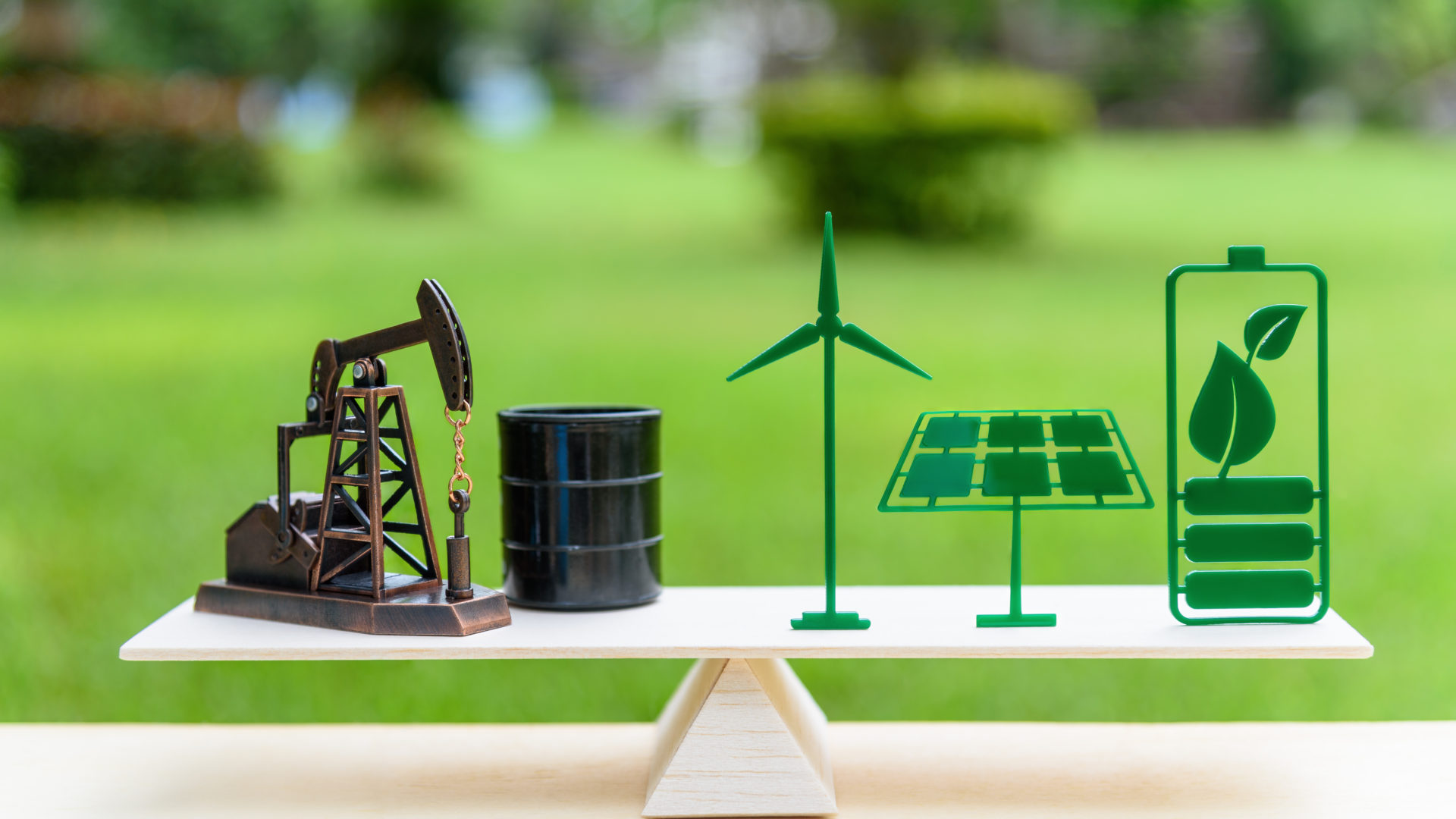Our CEO, Svein Sollund, suggests several steps how the supplier industry could reinvent itself to increase profitability, reduce the environmental impact and gradually transfer competency to other areas.
“As if the impact of COVID19 wasn’t enough, the disagreement between Saudi-Arabia and Russia has not only exacerbated the situation but has also created a genuine crisis across our industry, pushing the entire value chain to the brink of survival with negative impacts on profitability, ” writes Sollund.
“In an article for the leading Norwegian tech publication I co-wrote with Rahman Khanani, Business Transformation expert and strategist, the following three primary drivers were highlighted for the current situation:
Firstly, the supply chain, which underpins oil and gas companies, had not yet fully recovered from the 2014 crisis. Six years of reduced activities, negative margins and high debt burdens, meant many companies were still on life support prior to the current crisis.
Secondly, sustained lean management since the last crisis, meant there has been little to no additional costs left to cut. Significant cost reductions through lay-offs, restructuring and streamlining of processes were made and have been sustained since 2014. At AGR, for instance, we reduced fixed costs by more than 50% and variable costs even further.
Thirdly, there are undeniably weak long-term investment prospects for the industry. As alternative energy resources become increasingly competitive and the climate change debate rages, an environmental conscious zeitgeist decreases investor appetite for the oil and gas industry.The only logical conclusion one could draw, is that suppliers must invest their way out of this challenging position. Nonetheless, as a result of weak profits in preceding years, they lack the necessary funds.
Five pieces of advice to boost a rebirth
In light of such a bleak backdrop, we’ve come up with five ways the contractors could reinvent itself; to increase profitability, reduce the environmental impact and gradually transfer competency from oil and gas to other areas.
1. Accelerate the digitalisation process. The slowdown presents an opportunity for companies to accelerate the unavoidable digitalisation process, thus improving quality, profitability and competitiveness. At AGR, we are revolutionising the well delivery by increasing automation in data flow and workload distribution in addition to enhancing decision making around the fundamental considerations of any project; cost, time and risk.
2. Increase focus on sustainability. The industry’s focus on sustainability must increase. Equinor are an excellent example, with a vision of net zero emissions by 2050. Simultaneously, it is more important than ever for regulators to play their important part in contributing to the reduction of emissions.
3. Build alliances where all parties win. Operators such as Aker BP and CNOOC International have introduced game-changing incentive-based delivery models for cooperation. The whole industry could benefit from more alliances and the value chain should align their interests to create a greater number of win-win situations.
4. Utilise new business models. Suppliers need to explore new business models that reduce both costs and their environmental footprint. Some examples include integrated services, price-models based on performance and results, and sharing of data and resources across the industry.
5. Transition into other industries. Experience and competencies from the oil & gas industry could successfully be transferred to offshore wind, hydrogen and carbon capture & storage (CCS). This will ensure the industry adapts to lower demand and a low carbon future more successfully. As we transition, deep-sea mining and fish farming are just two additional areas that could benefit from the competencies of the petroleum industry.
As clearly illustrated above, there are several steps the industry could take to innovate and adapt to our new reality. That said, there is only so much the industry can do on its own. There is also a need for governmental support.
Tax relief is not enough
The Norwegian government recently announced tax relief initiatives. This is something we appreciate but believe, however, they do not go far enough. Government should furthermore actively support sustainability and digitalisation initiatives, especially across industries, in order to ensure knowledge transfer and at the same time, stimulate new ways of cooperation.
Despite these challenging times, it is import to avoid panic. Renewables are the future, but oil & gas will be a part of the energy mix for several decades to come. It is therefore incumbent upon both industry and government to protect, develop and capitalise on the highly advanced competencies within the oil & gas supplier industry.


